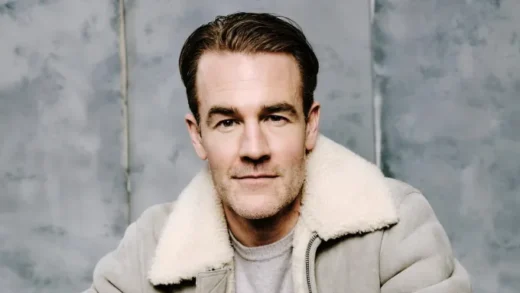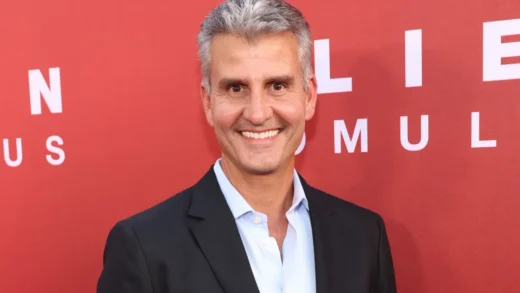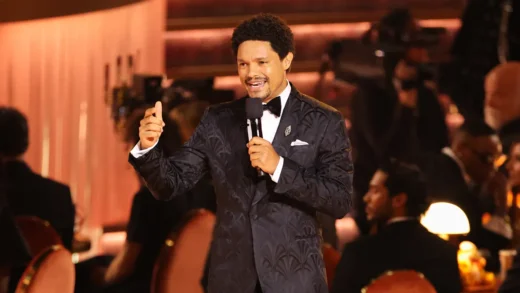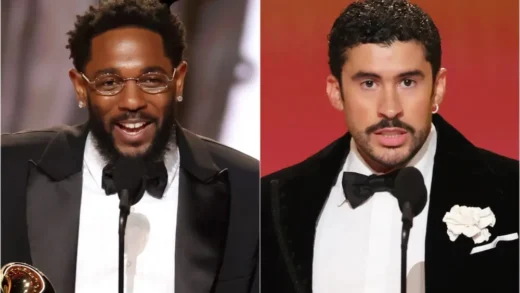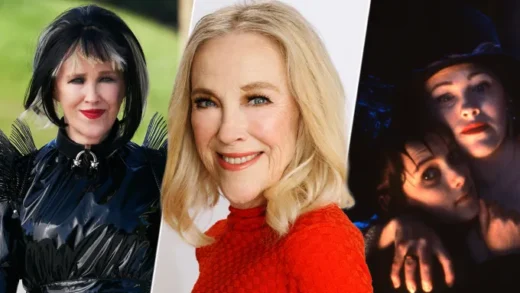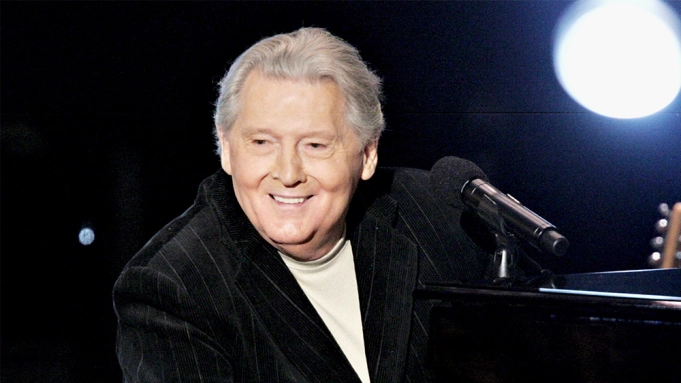Singer-pianist Jerry Lee Lewis, the hell-raising, larger-than-life rock ‘n’ roll pioneer and latter-day country star, has died, according to a rep, Zach Farnum. He was 87.
His death had erroneously been reported by some outlets on Wednesday.
“Judith, his seventh wife, was by his side when he passed away at his home in Desoto County, Mississippi, south of Memphis,” Farnum’s statement said. “He told her, in his final days, that he welcomed the hereafter, and that he was not afraid.”
Lewis — an inaugural inductee into the Rock and Roll Hall of Fame in 1986, a 2005 recipient of a Recording Academy Lifetime Achievement Award and, at the age of 86, a 2022 inductee of the Country Music Hall of Fame — was a powerhouse keyboardist, mercurial vocalist and rampaging, unpredictable showman who could master virtually any song, be it rock ‘n’ roll, country, R&B, gospel or pop.
Lewis ultimately transcended category. With typical arrogance, he would frequently declare that there were only four real stylists in American music: Al Jolson, Jimmie Rodgers, Hank Williams and, of course, Jerry Lee Lewis.
The late journalist Nick Tosches, Lewis’ great Boswell, captured some of his titanic dimensions in his book “Country,” published in 1977 during his country resurgence: “Believe it: Jerry Lee Lewis is a creature of mythic essence….He was — and in a way still is — the heart of redneck rock ’n’ roll, and one of the greatest country singers who ever lived.
“He is the last American wild man.”
In 1958, at the age of 21, after he attained national success with his pounding rockabilly singles “Whole Lotta Shakin’ Goin’ On” and “Great Balls of Fire,” his career hit the wall with the scandalous revelation of his marriage to his 13-year-old cousin. It took him a decade to regain his commercial footing with a series of powerful honky-tonk ballads.
Known universally by the self-established sobriquet “the Killer,” Lewis was notorious for his drinking, drugging, womanizing and pistol-waving pugnacity. The opening epigraph in Tosches’ classic 1982 biography “Hellfire” is a quote from the musician: “I’m draggin’ the audience to hell with me.”
Yet, for all his well-documented excesses and dark, lurid history, listeners returned to embrace him over the course of seven decades.
Despite sustaining a hedonistic pace that would kill lesser men, he outlived all his ‘50s contemporaries, including Elvis Presley, whom he followed to fame at Memphis’ Sun Records in 1957.
He was born Sept. 29, 1935, in Ferriday, La. (hence his early professional nickname, “the Ferriday Fireball”), and began playing piano at the age of nine. As a boy, he hung out at Haney’s Big House, a local honky tonk, with his cousins, evangelist-to-be Jimmy Lee Swaggart and future country singer and club owner Mickey Gilley. His principal keyboard influences were country boogie stylist Moon Mullican, Nashville barrelhouse pianist Del Wood and San Diego-bred boogie-woogie player Merrill Moore.
(Excerpt) Read more in: Variety
